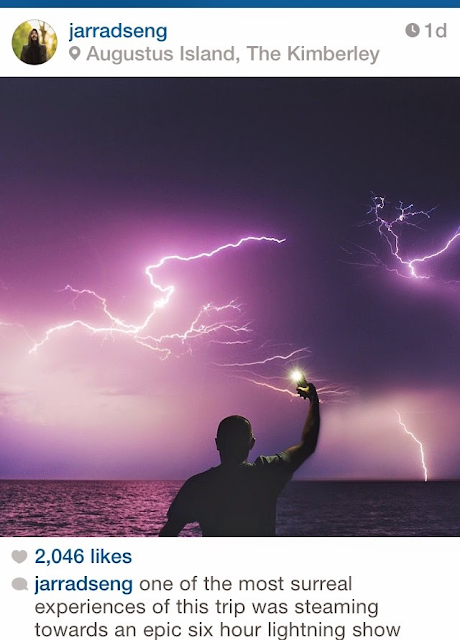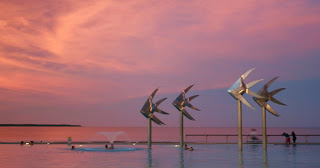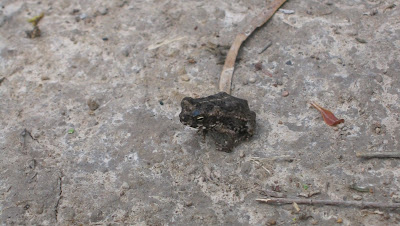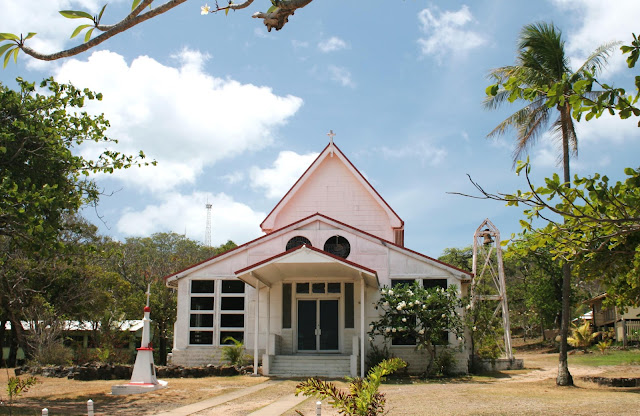Recap: last week a fishing boat hideously crammed with migrants from Libya trying to escape to Italy sank off Greece. Some men on the top deck were rescued, while around 500 mostly women and children trapped down below drowned, their bodies so far unrecovered. It was initially in the news, but soon dropped out of sight, especially once the Titan submersible got into trouble.
Amongst all the dreary conclusions to be drawn here (as well, of course, as acknowledging that any life accidentally lost, even of self-indulgent billionaires, is tough), the one I'm focusing on is our apparently never-ending fascination with the Titanic. It's inescapable, in our culture. I mean, like me, you've seen the movie, right? At least once, I bet, and quite possibly several times - you're certainly super-familiar with the quotes and iconic scenes. And, if you've gone overseas much, you'll have come across Titanic displays in various museums and possibly even one of the travelling exhibitions. The big one that's in New York right now I saw in Copenhagen - in 2011. It's still going!
I've certainly seen my share of Titanic stuff, from Jack Dawson's grave in Halifax to a note in a bottle thrown overboard by a passenger in Cobh, Ireland. And of course it's impossible to visit Belfast without going to their striking Titanic museum near the shipyard where it was built. That it was opened a century after the sinking tells you all you need to know about people's morbid fascination with mass deaths. See also my last post (er, also the Last Post) - but especially if there's something glamorous about it.
Not that the bulk of Titanic's drowned passengers were, nor those on the fishing boat: just poor people trying to start new and hopefully more successful lives than those they were escaping. Nothing glamorous there, at all.
And for today’s tenuous connection, I’m currently sorting out a trip to Wairarapa, which is where James Cameron lives on his huge farm.


























.JPG)










